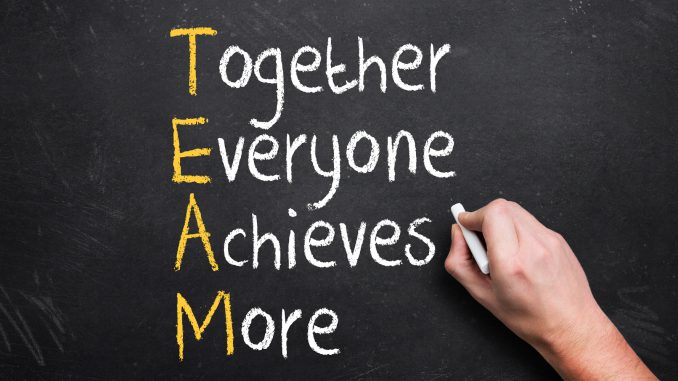This week we celebrate Thanksgiving, and while it’s my favorite
holiday of the year, sometimes my family and extended family can be a bit
challenging when we gather. Some of them want to bring up old grievances or
talk about politics or topics that rekindle old issues and cause divisiveness.
The turkey doesn’t taste quite as good when there is bitterness in our mouths.
But, there are ways to manage through the holiday that build connection and
mutual appreciation.
Over the past year-and-a-half, we have been fortunate in
welcoming Jada Monica Drew of Social Designs to our school each month to help us learn how to
have better conversations with each other and, as was our topic last week, with
our children. Her Dialogue Principals are universal and designed to help any
conversation go more smoothly.
 Jada recommends five steps to better conversations. She
offers that we should always start with being curious when someone says something that kindles a strong emotion
by asking why they feel the way that they do and, perhaps, how they came to
think the way that way. The second step is to listen, or as Jada puts it, “Listen to the 3d power!” Then, affirm the person through body
language or saying something such as, “I can see how you have come to
think/believe that way.” The next step is to acknowledge your bias or beliefs and then clarify to make sure that
you understand the other person. Now, you are ready to connect and to create and share what you are learning from the
other person and how it might influence your thinking. Not all conversations come to conclusion or closure
immediately, so it’s important to accept that there may not be closure to
the conversation in that moment, yet perspectives are broadened, understandings gained and the possibilities for future dialogue remains.
Jada recommends five steps to better conversations. She
offers that we should always start with being curious when someone says something that kindles a strong emotion
by asking why they feel the way that they do and, perhaps, how they came to
think the way that way. The second step is to listen, or as Jada puts it, “Listen to the 3d power!” Then, affirm the person through body
language or saying something such as, “I can see how you have come to
think/believe that way.” The next step is to acknowledge your bias or beliefs and then clarify to make sure that
you understand the other person. Now, you are ready to connect and to create and share what you are learning from the
other person and how it might influence your thinking. Not all conversations come to conclusion or closure
immediately, so it’s important to accept that there may not be closure to
the conversation in that moment, yet perspectives are broadened, understandings gained and the possibilities for future dialogue remains.
It’s not always easy to follow these steps, but in my
experience and in the experience of those who have used them, these Dialogue Principles help
conversations to remain civil and often lead to greater compassion and unexpected
changes in perspectives – both theirs and ours!
I wish everyone a joyous, safe and relaxing Thanksgiving filled
with gratitude for family and all that we are blessed to have and experience
in our lives.














